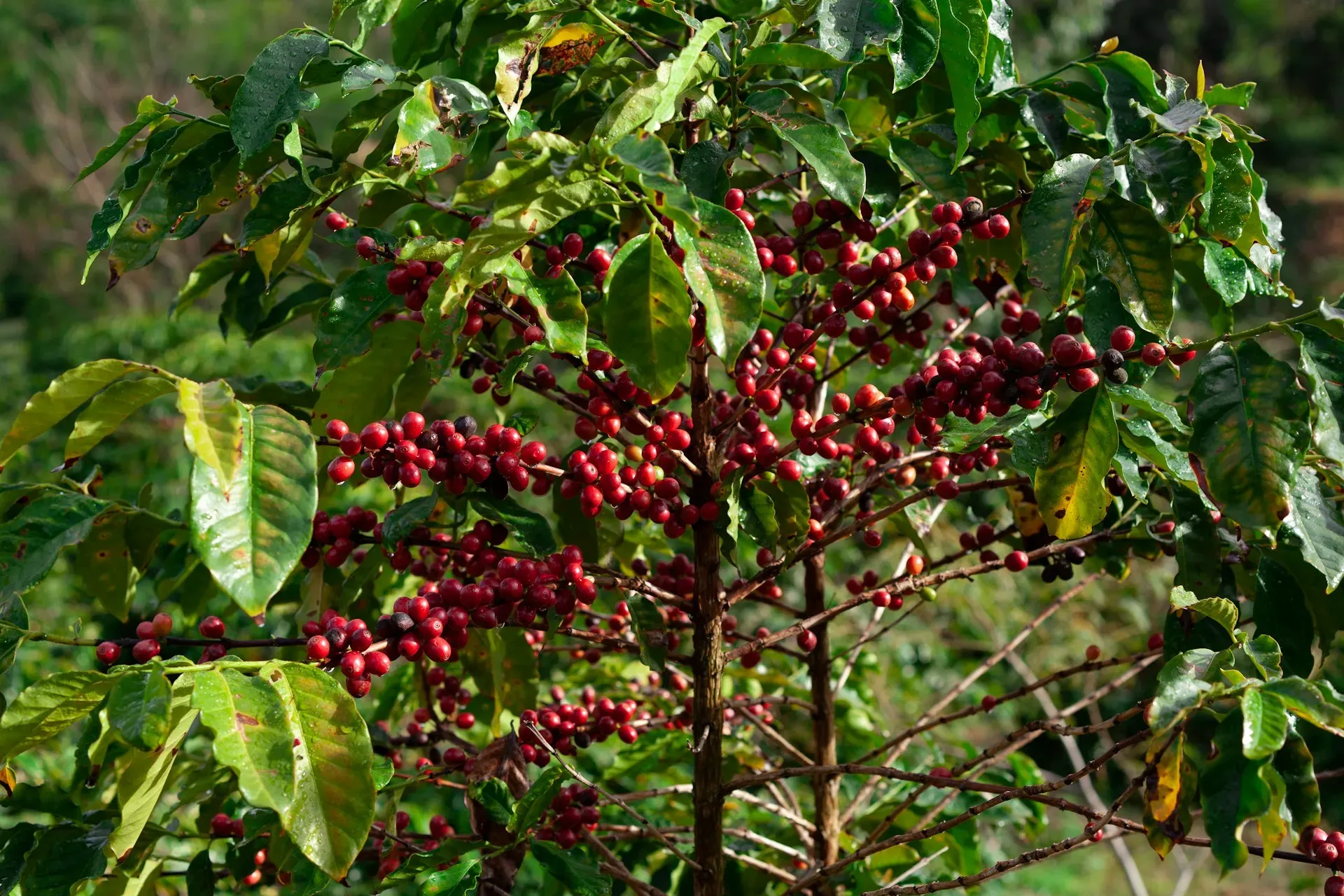Coffee is one of the most traded commodities in the world, yet its production and consumption come with significant environmental impacts and cultivation is especially vulnerable to climate change. As pressure grows for more transparent and science-based sustainability reporting, the need for consistent measurement becomes urgent. To meet this need, the European Coffee Federation (ECF) asked Mérieux NutriSciences | Blonk to develop robust life cycle assessment (LCA) guidelines, aligned with the latest international footprint methodologies, such as the EU Product Environmental Footprint (PEF) framework.
The new coffee footprint guidelines are now available, giving companies a clear framework to conduct robust assessments aligned with the latest EU standards and to drive sustainability across the supply chain.
Harmonized footprint guidelines
Shadow PEFCR for coffee
Our agri-food sustainability experts supported the ECF in developing sector-specific footprint guidelines. Tailored to the coffee sector, they account for coffee-specific variables such as processing methods, preparation, and distribution, and cover the full life cycle of black coffee from cultivation to end-of-life. Building on European frameworks such as the EU PEF and FoodDrinkEurope’s guidance, the document is also known as the ‘shadow PEFCR for coffee.’ Although created outside the official EU PEF framework, it remains closely aligned with its methodology and recommendations.
With this step, ECF provides the European coffee sector with clear, harmonized, and robust footprint guidelines that go beyond existing standards.
Broad industry collaboration
To ensure practical relevance, broad applicability, and industry implementation, a Working Group of experts from key coffee stakeholders was involved. This group included leading producers and processors such as Lavazza, Illycaffé, Nestlé, JDE Peet’s, Tchibo, Delta Cafés Grupo Nabeiro, Neumann Kaffee Gruppe, and Arvid Nordquist.

What’s inside the coffee footprint guidelines?
The shadow PEFCR for coffee covers every stage of the value chain, from cultivation and processing to transport, manufacturing, packaging, use, and end-of-life. It specifies when primary data is required, where secondary data can be used, and provides guidance on allocation principles (at cultivation, post-harvest and manufacturing), data gaps, uncertainties, and extrapolating farm-level data.
Secondary databases
Recommended secondary databases such as Agri-footprint, ecoinvent, and WFLDB help ensure consistency and comparability when primary data is not available.

Download the footprint guidelines
Shadow Coffee PEFCR
The shadow coffee PEFCR is now publicly available and can be downloaded from the website of the European Coffee Federation.
Next steps for coffee, and beyond
Accelerate sustainability progress
The shadow coffee PEFCR is a robust, collaborative guidance document tailored to the specificities of the coffee sector. By following it, companies and other coffee stakeholders can make reliable, transparent, and actionable environmental footprint studies that not only meet European expectations but also help drive real sustainability improvements across the coffee supply chain.
During the development of these guidelines, several areas for improvement were identified. These include aligning methodologies for land use change accounting and adding specific guidance on carbon removals beyond shade trees. They also highlight the need to develop default energy use values for the use phase and to improve end-of-life data in consultation with the European Commission, especially for packaging materials.
While this project was designed for the coffee sector, the approach is highly relevant to other industries facing similar challenges. Sector-specific footprint guidelines make it possible to generate reliable data, meet regulatory requirements, and build consumer trust. By aligning stakeholders on methodology, sectors can accelerate sustainability progress while ensuring comparability across the market.
Interested in sector specific footprint guidelines for your sector?
Get in touch

Elisabeth Keijzer
Is your sector looking for harmonized, science-based footprint guidelines? We support industry associations and companies in developing tailored methodologies that enable robust environmental reporting and real impact.

